Published
- 02:00 am
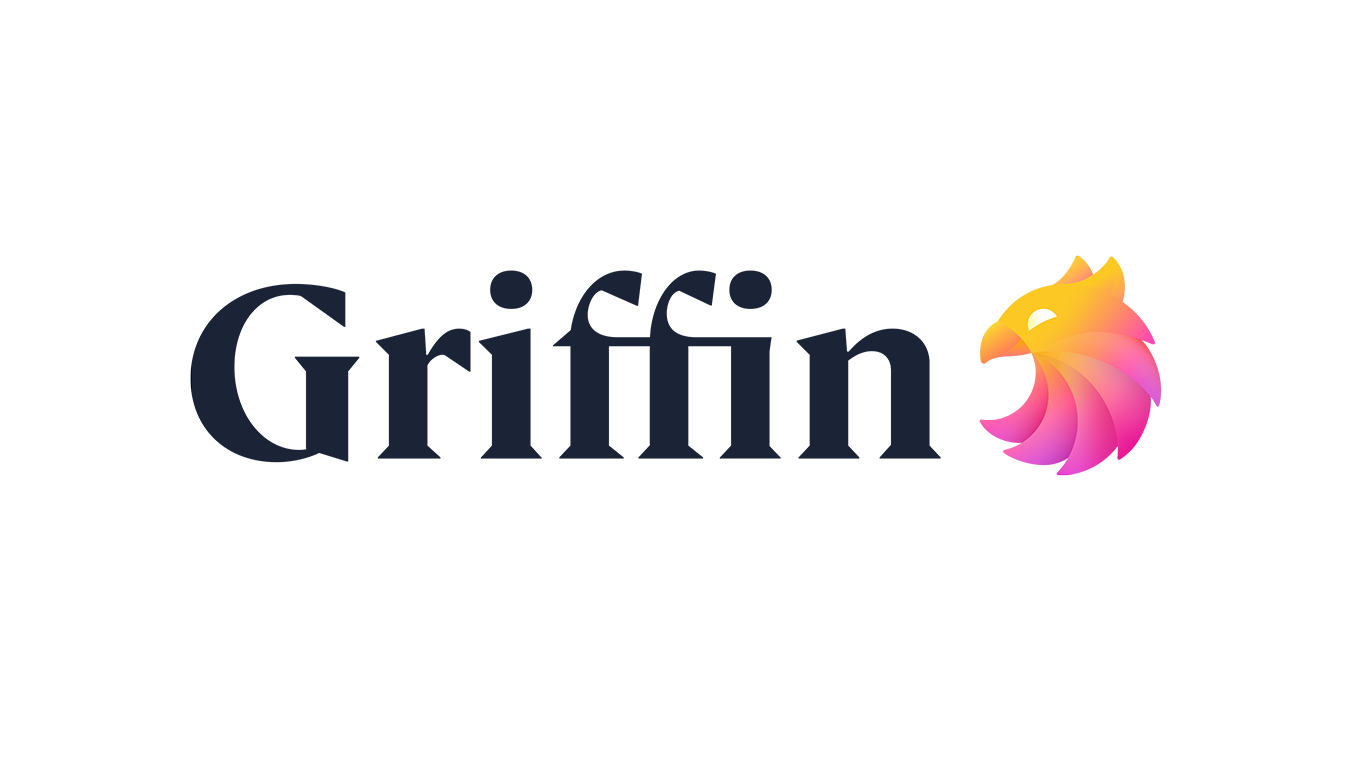
Today, UK bank Griffin announced two new executive hires: Chad Ryan as Chief Financial Officer and Dora Grant as Chief Risk Officer. These appointments will add to Griffin’s already impressive leadership team as the company stands poised for further growth in 2023.
Building out the senior management team
Chad joins Griffin with over 15 years of experience leading finance teams in both fintechs and traditional banks. Previously, he served as Chief Financial Officer for Starling International during the bank’s authorisation process in Ireland. Chad was Programme Director and Strategic Advisor at the Scottish National Investment Bank, and Finance Director at Virgin Money. Prior to that, he held a number of Director roles within the Lloyds Banking Group.
Chad’s experience with both challenger and traditional banks will be invaluable as Griffin continues building an embedded finance platform that will support the next generation of fintechs as they come to market.
“The complexity of banking infrastructure means that Griffin’s platform is going to be a game-changer for the global fintech market. I am thrilled to be joining Griffin at a crucial time for the industry, and look forward to helping the team build momentum and achieve growth,” said Chad Ryan, Chief Financial Officer at Griffin.
Embedding strong risk management
Dora joins the Griffin team with an extensive background in governance, risk management and challenger banking, and was most recently the prudential risk management subject matter expert at BDO. Dora has previously held CRO roles and operational risk roles at Legal and General, Barclays, and Lloyds.
“It is an exciting time to join Griffin as we develop a robust BaaS platform. Griffin is developing an exceptional proposition and I look forward to working with the team to ensure that an effective risk management framework and culture are embedded in our thought process and that we deliver products and services that meet the needs of our customers.” said Dora Grant, Chief Risk Officer at Griffin.
Dora’s leadership will be crucial for ensuring that the compliance services the bank offers are robust and comprehensive. Last year, Griffin launched its first product, Verify - an onboarding tool that automates financial crime prevention checks and allows fintechs to safely onboard new customers at scale. Dora is exceptionally well-positioned to ensure that strong risk management and compliance practices remain a key strategic driver as Griffin continues to grow and brings more products to market.
Leading the charge for Griffin
Griffin has had an impressive year so far. The fintech was recently authorised subject to restrictions as a UK bank and moved its sandbox out of beta. Griffin also recently hired a Chief Product Officer and a General Counsel, showing ongoing commitment to building a top-tier leadership team from banking, fintech and SaaS backgrounds. Chad and Dora provide deep knowledge and experience that will bring Griffin a step closer to becoming the de facto OS for embedded finance.
“We’ve very excited to have Chad and Dora on board,” said David Jarvis, Griffin co-founder and CEO. “Both bring a unique set of skills and expertise to Griffin. 2023 will be a pivotal year for us, and leaders of their calibre are going to be instrumental to achieving our ambitious goals.”
Related News
- 07:00 am
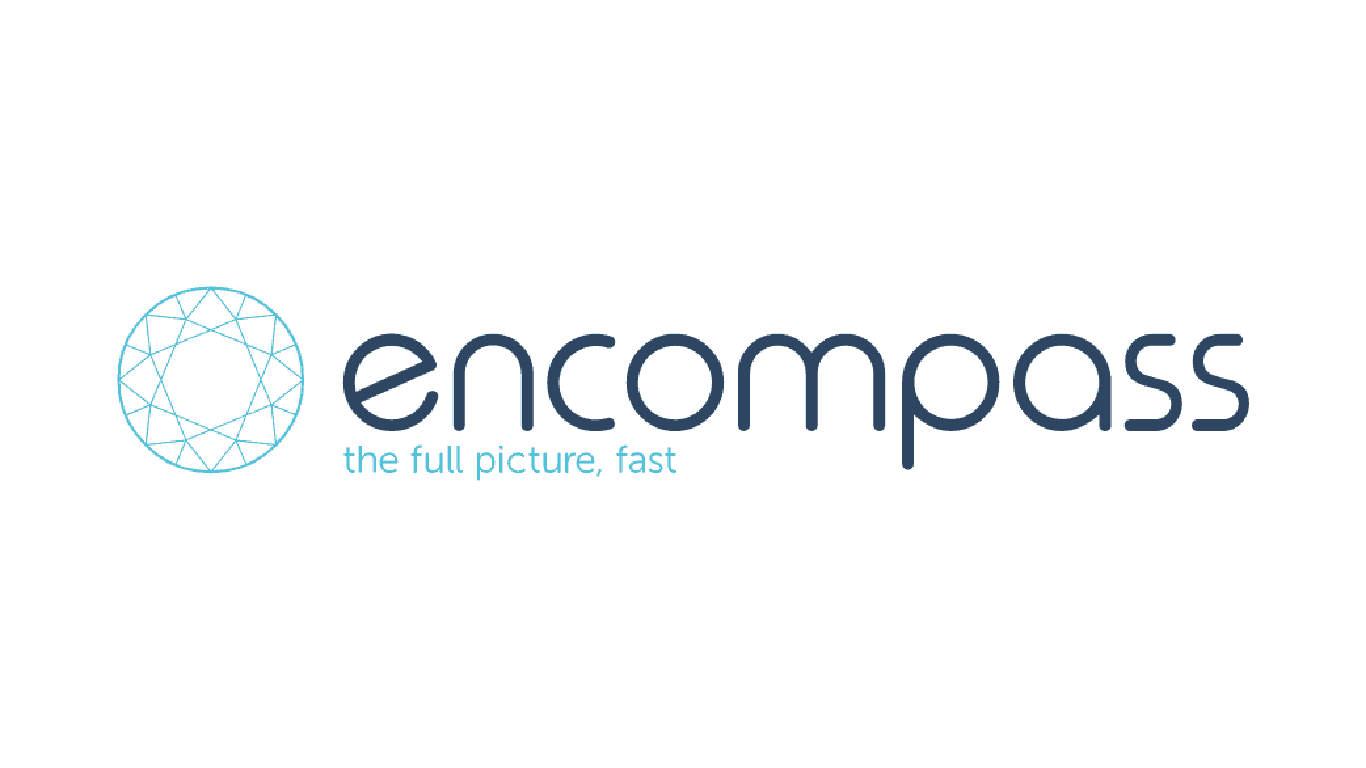
Encompass Corporation, the provider of the leading Know Your Customer (KYC) automation platform, has been named as a founding member of the Data and Technology for Compliance (DT4C) Alliance, formed to provide a leading voice in the fight against financial crime.
Dr Henry Balani, Global Head of Industry and Regulatory Affairs, will represent Encompass in the Alliance by advising on key technology policy relating to KYC, Anti-Money Laundering (AML) and other matters connected to the regulatory framework and financial crime.
Dr Balani is a veteran of the technology industry, with 30 years of experience in the sector. He specifically covers regulatory compliance issues and the role of technology in tackling financial crime, providing regular market thought leadership, as well as lecturing on the topics.
The Alliance has been formed to present a unified voice to strengthen the AML ecosystem and effectively manage and mitigate the risks facing banks and other Obliged Entities through technology, data and policy.
Founding members, comprising technology and data providers, will collaborate to share expertise to support the development and implementation of a future-proof AML framework, aiming to become a trusted policy partner that helps EU lawmakers to achieve their digital and green agendas.
Dr Henry Balani, Global Head of Industry and Regulatory Affairs for Encompass Corporation, said: “The coming together of leading industry voices to form the DT4C Alliance is an important step in the fight against financial crime, leveraging expertise from a variety of areas to inform key policy that will protect banks and Obliged Entities from financial crime.
“Encompass plays a vital role in this Alliance, acting as the leader for technology providers - a critical function with regards to KYC and AML processes. Financial crime can’t be effectively challenged without all key players - from banks to regulators and technology and data providers - working together to best form policy and activity.
“As part of the Alliance, I will strive to lead banks and financial institutions towards digital transformation journeys by promoting the adoption of automation technology to power compliance and operational efficiency.”
The DT4C Alliance is a coalition of members from Encompass Corporation, Dow Jones Risk & Compliance, Dun and Bradstreet, Moody’s Analytics, and RELX.
Related News
- 05:00 am
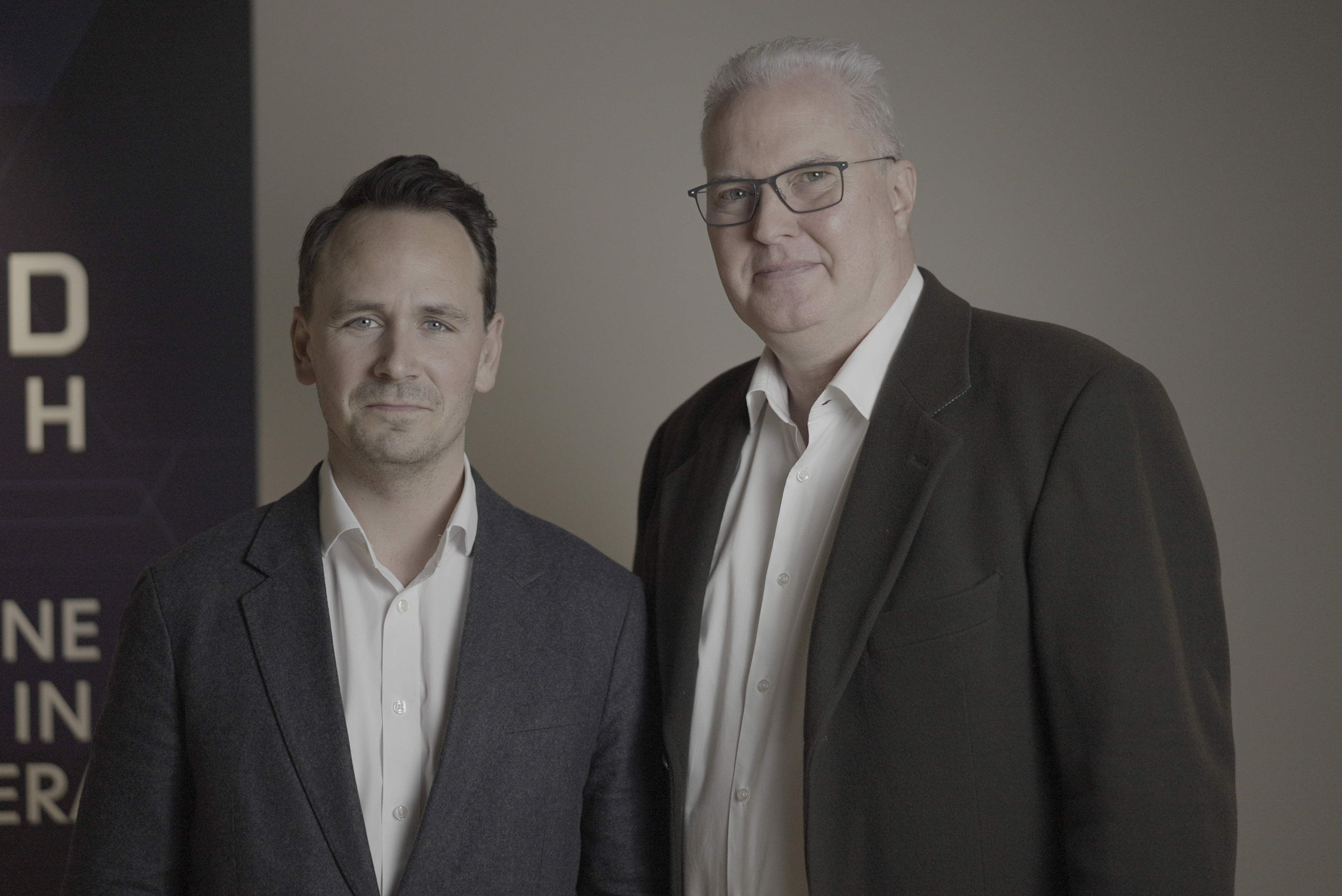
On-boarded onto United Fintech’s global capital markets platform, Cobalt is “returning to roots'' and relaunched as CobaltFX with Digital Asset division to form a parallel “new venture” on the same platform in Q2, says ascending CobaltFX CEO Marc Levin. Founder Andrew Coyne echoes vision for strategic plans, adding that product innovation and growth acceleration will be key priorities as he continues with CobaltFX’s team on the new platform: “Together, we’re stronger than ever”.
Following acquisition in December 2022 by United Fintech from previous owners i.a. Citibank, Standard Chartered Bank, S&P Global, Singapore Exchange (“SGX”) et al., Cobalt is adjusting to its new ownership and as part of being on-boarded onto United Fintech’s digital capital markets product platform, Cobalt is relaunched as CobaltFX; to focus 100% on Foreign Exchange (“FX”), thus back to “the company’s roots'', says ascending CobaltFX CEO Marc Levin - a vision echoed by CobaltFX’s founder Andrew Coyne:
“CobaltFX's goal is to re-engineer the world of Foreign Exchange through a rock-solid platform focusing on credit optimisation and post-trade FX. Dynamic Credit being the most important starting point. As part of United Fintech, we join four other partner companies, retaining our formal status as a partner company. There are a lot of synergies between the partner companies and United Fintech. Not only from a client and solution perspective, but from a visionary perspective; together, we’re stronger than ever”, says Andrew Coyne, who himself has been onboarded as part of United Fintech and will continue with the CobaltFX team to focus on innovating and expanding the FX product.
Impending DA spin-off in Q2
As the name suggests, CobaltFX will be solely concerned with the FX industry thus leaving the company’s Digital Asset (“DA”) division outside the product offering, however, not for long: CobaltFX’s ascending CEO Marc Levin states that rather than a “buy-up” of Cobalt, it's a United Fintech “buy-in” into the growing DA space perceived as the next thing banks will want to get ahead of in order to stay on par and future-proof their models. Thus, a much anticipated United Fintech DA spin-off is impending with further details to be disclosed in Q2:
“We believe both opportunities are huge and should be pursued, but not under the same banner. While FX and DA are similar in many ways, and likely to merge in the future, the two industries are currently at very different maturity stages of their evolution, largely operating independently and therefore requiring different approaches to be successful on their own. Hence the spin-off of Cobalt’s DA product as part of a bigger United Fintech play in this area; we’re very excited to announce this later in Q2. Until then, I’m very pleased I get to join this adventure with Andy Coyne and Darren Coote”, says Marc Levin, who assumes the CEO responsibility of CobaltFX while continuing in his current role as Group COO in United Fintech where he has been since its launch in 2020 - today, a fintech super-consolidator having grown to service over 200 major banks and financial institutions across 5 platform companies with offices in 8 countries.
From company to product, with more resources
According to Andrew Coyne, the change of ownership is a strategic and important move to allow CobaltFX to become part of something bigger, citing United Fintech’s partner offering with focus on removing “administrative distractions'', such as HR, Finance and Legal, and at the same time bolt-on to their global distribution, sales and marketing as the key to success. As part of the relaunch, Darren Coote will take a bigger role in United Fintech, working with other partner companies, and from United Fintech, Elizabeth Missfeld will step in as COO and Erik Nordahl as CTO to deliver on CobaltFX’s vision and commitment to clients. Ultimately, this enables CobaltFX to focus on product development, client satisfaction and further innovate, reasons Coyne, who applauds the idea of more fintechs joining the United Fintech digital capital markets product platform in the year(s) to come:
“United Fintech has a unique model that does not seek to absorb the partner companies, but rather exploit all the product synergies for clients making it easier for banks and financial institutions to adopt multiple products through a single platform, allowing clients to adopt and select solutions, contracting with United Fintech directly. Thus if you’re a client of one of the products, you can more seamlessly license and implement other products, significantly reducing procurement processes and onboarding”, ends Andrew Coyne.
Related News
- 08:00 am
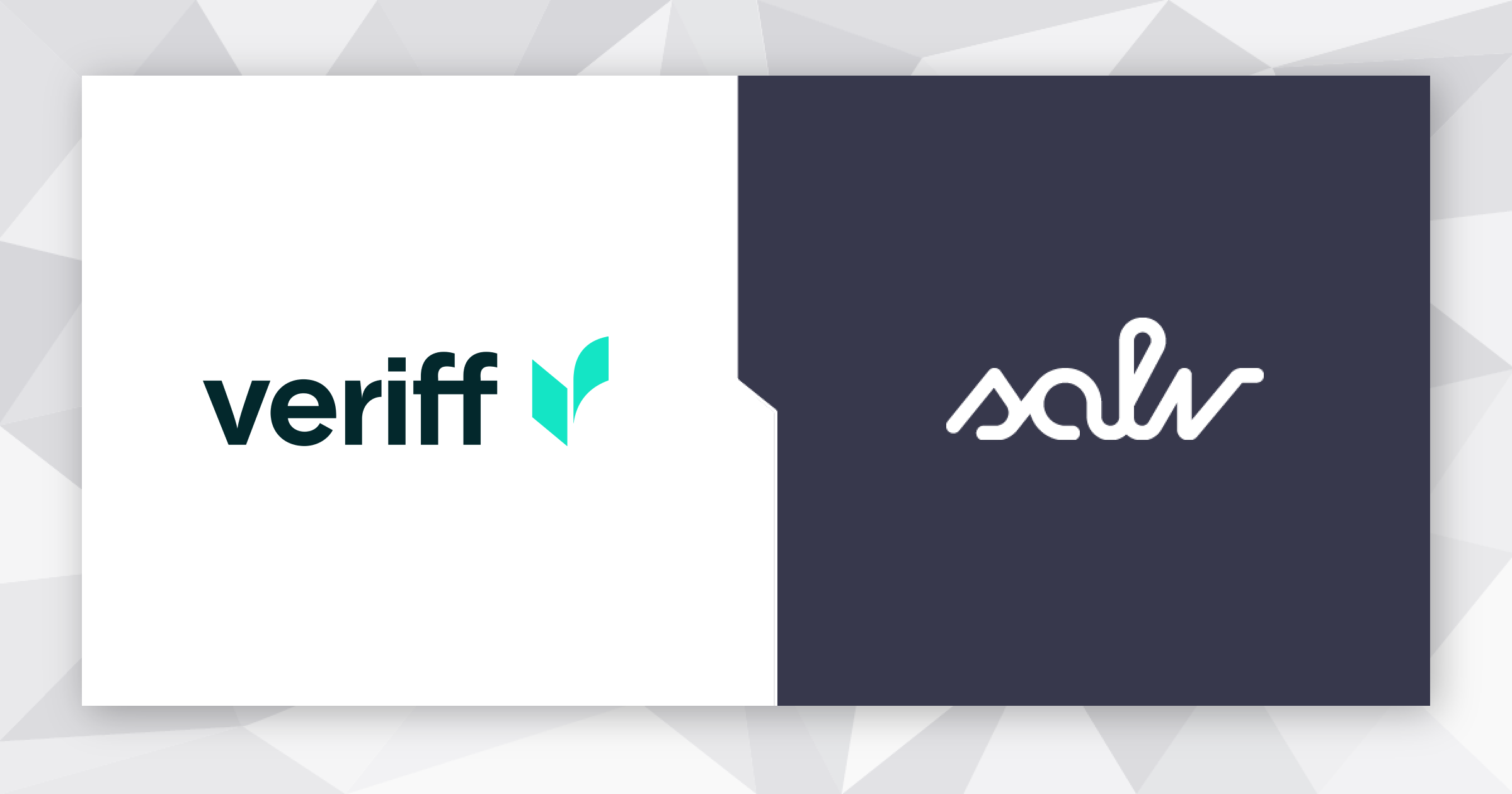
Salv, a regtech company specialising in collaborative crime-fighting, has partnered with a global identity verification provider Veriff to strengthen the fight against financial crime. Having Salv's modular crime-fighting platform available for Veriff’s customers gives them a comprehensive compliance toolset and access to the world's first real-time financial crime-fighting network, Salv Bridge. Similarly, Salv’s clients have seamless access to Veriff’s growing suite of identity verification (IDV) solutions.
By facilitating continuous adaptation to emerging threats and fostering critical information sharing, Salv’s collaborative crime-fighting platform is an effective solution against international financial crime networks. The platform has a proven track record in tackling money laundering, sanctions screening, and authorised push payment (APP) fraud, where fraudsters trick consumers or businesses into transferring funds to fake accounts.
According to UK Finance, financial crime losses reached £609.8m in the UK alone during H1 of 2022. Although the end of the pandemic has seen a fall in overall fraud losses, some fraud types have increased as criminals continue to adapt their methods. UK Finance has long been calling for greater cross-sector collaboration to tackle criminal activity, and the partnership between Salv and Veriff represents an important step in fostering a safer financial ecosystem for everyone.
Taavi Tamkivi, CEO and co-founder of Salv, said, "Our mission is to stop financial crime, and for this to happen, companies need to match the level of coordination and cooperation that is seen amongst international criminal gangs. This collaboration shouldn't be limited to financial institutions – to really make a difference, companies across the ecosystem need to work together."
This partnership boosts fraud detection capabilities and enhances customer experience. Salv's Bridge tool enables cross-border collaboration, allowing financial institutions to exchange intelligence in real-time - investigations are solved 100 times faster, with most urgent cases solved within minutes compared to the previous 48-72 hours. Institutions using Bridge reported that they collectively detected around 80% of the APP fraud, and the percentage of successful money reclaimed increased.
Indrek Heinloo, COO of Veriff, comments, "Veriff is committed to protecting our customers with the technologies and capabilities they need to keep their identities safe from fraud. By partnering with Salv, we enhance our full suite of fraud prevention capabilities even further to deliver an unparalleled experience for our customers."
Salv platform offers a full suite of products that help financial institutions and businesses meet their AML screening, monitoring, and customer risk assessment needs. More than 50 financial institutions across 13 countries already use various products through Salv's platform, which uses advanced analytics, flexible monitoring tools, and real-time collaboration to spot and prioritise suspicious activity.
Related News
- 09:00 am
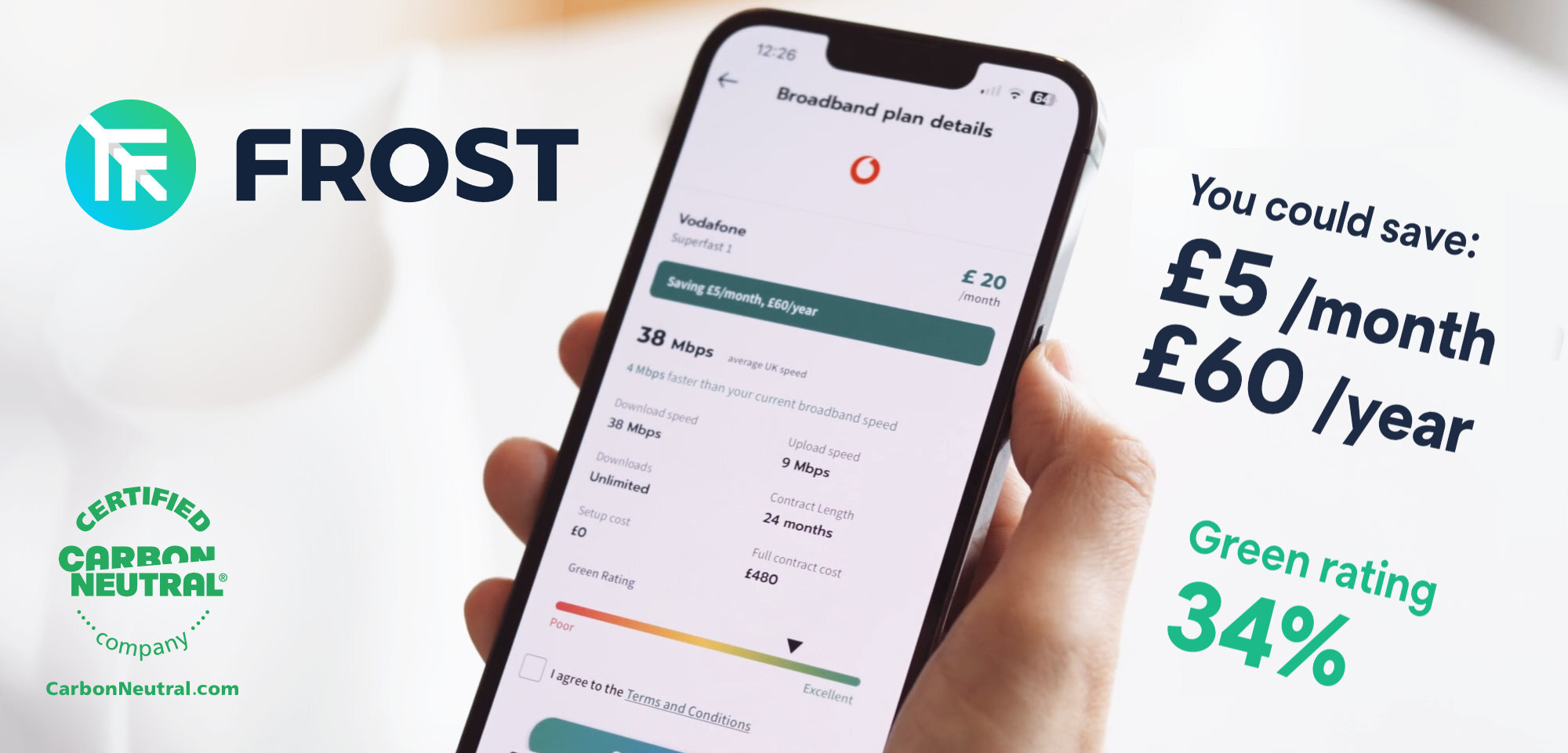
Frost, is a Manchester-based Fintech which is helping to tackle Britain’s escalating cost-of-living crisis. It does this by leveraging data access through intelligent banking to help its users save up to £1,000 per annum on essential household bills. The socially conscious business will offset its carbon emissions through a range of green initiatives, including tree planting.
The CarbonNeutral® certification, which is delivered through the Climate Impact Partners represents the global standard in transparent carbon-neutral performance. For over 20 years, the scheme has helped companies to better define, measure, target and reduce their carbon emissions. By signing up to the protocol, Frost has underlined its commitment to this important cause at an early stage of its business development.
The latest announcement forms part of the company’s exciting roadmap for 2023, which includes the launch of a fundraising round on equity crowdfunding platform, Seedrs. Since early March, Frost has invited investment through the Seedrs network, as it looks to scale its next-generation, FCA-authorized digital account. In total, the company aims to raise £1,725,000 within the next 30 days as part of this investment drive.
Frost’s easy-to-use comparison feature gives users the option to quickly compare the associated carbon footprints of different utility providers, as well as their prices. By offering transparency on green-related metrics, Frost aims to inspire its customers to follow in its own footsteps in relation to meaningful carbon footprint reduction. The company’s ambition is to help its customers to save time and money, while doing their part to help save the planet.
Speaking on the latest announcement, Pawel Oltuszyk, co-founder and CEO of Frost commented: “One of our aims at Frost is to improve the lives of people around the world in a sustainable manner, which is why today’s announcement is so important to our growth. We may be a relative ‘newcomer’ in the world of Fintech, but we’re already showing we want to lead the sector on responsibility and accountability around carbon-related performance.
“This move towards CarbonNeutral® certification perfectly aligns with the broader vision of our business and is just one of the climate-related initiatives we’re spearheading through our platform. As we continue to add to our service, green product developments remain at the forefront of our mind with exciting new announcements expected imminently. Those interested in these developments should follow our Seedrs page to stay up to date.”
Frost’s platform is helping to put power back into the hands of consumers when dealing with utility bills, at a time when they most need it. The company’s innovative Save Assist feature runs automatic tariff comparisons across multiple providers and price comparison websites, to find customers the best price, and has been proven to save users up-to £1,000+ on household expenses, while also helping to reduce carbon footprints by alerting consumers of greener tariffs.
Related News

T.R Newcomb
VP, Strategy and Corporate Development at Riskified
Emerging from the challenges of the pandemic, 2022 was meant to be a fresh start for retailers. see more

Steve Round
Founder at SaaScada
Back in 1800 BC, people believed that temples were the safest places to store money, so they became the first banks. see more
- 08:00 am
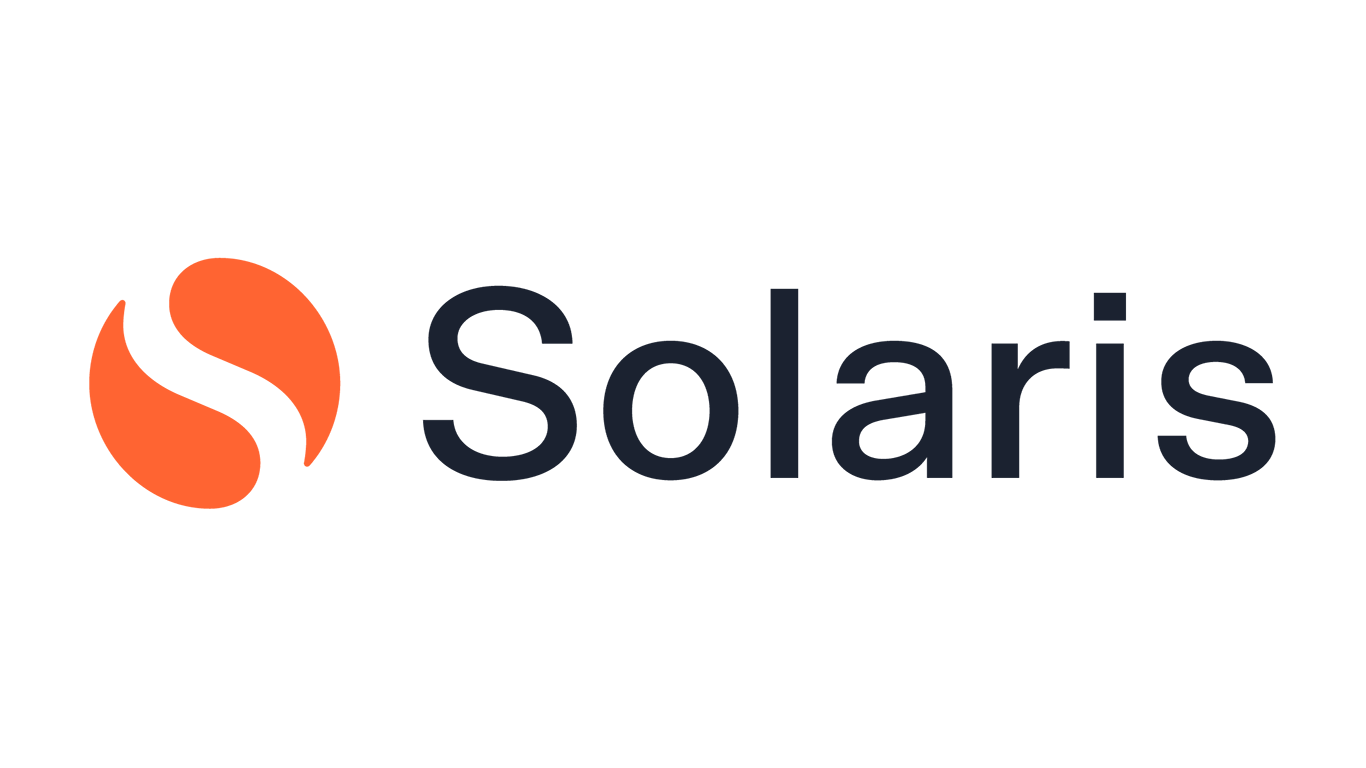
More than a third of European customers are eager to engage with financial services offered by transport providers – including airlines, car manufacturers, train companies, and car associations according to new research from Solaris.
Italian consumers are most eager to try embedded financial services from transport providers, with 61.8% saying they are open to payment cards, (e-money or bank) accounts, or credit. Italian millennials (aged 25 to 34) are especially keen, with 68.9% stating their willingness to use one of the products. Spain was the second strongest market: 51.3% would use at least one embedded financial product from a transport provider.
The other two markets in the survey, Germany and France, were marginally less keen to use an account, payment card, or credit product from a transport firm – at 36.1% and 33.3% respectively. Though again, millennials were much more open to this. The data comes from a new Solaris whitepaper titled ‘On the move: The embedded finance opportunity in the mobility sector’, supported by Handelsblatt Research Institute and YouGov Deutschland GmbH.
Andrea Ramoino, MD EMI UK & EEA at Solaris, comments: “Our study found a high correlation between trust and willingness to try new products from trusted providers in mainland Europe. The higher our respondents rated a transport brand for safety and reliability, the greater their motivation to use a financial product from that brand.”
The whitepaper also emphasises that the main reason consumers in Italy and Spain are most likely to use embedded finance products from travel or transport providers is that they are more willing to buy goods and services on credit. This is illustrated by consumer appetite to finance a Volkswagen car: 33% of Italians and 22% of Spaniards would consider an embedded loan from Volkswagen Financial Service. Meanwhile, only 13% of Germans and 11% of French respondents would consider this option.
In addition, 22% of Italian respondents would use a credit card from Easyjet and 21% of Spanish participants would use a payment card from AirEuropa. Europcar (car hire company) also ranked high in both countries; with 25% of Italians and 21% of Spaniards saying they would use a Europcar credit card. Given this data and a May 2022 survey by Norisbank, which found that over 75% of respondents said credit cards are their preferred way to pay when travelling, it seems credit cards could be a significant method of embedding a first financial product and increasing revenue for providers.
Ramoino added: “A well-considered embedded finance offering can deepen customer relationships, simplify transactions, and create new revenue streams. But this can’t be a one-way road only benefiting transport companies. It is crucial that customers also receive added value, otherwise they would not accept the products. While our most recent survey looked at mainland European markets, it shines a light on the potential value UK businesses are leaving on the table by not utilising embedded finance within their offering.”
Related News
- 02:00 am
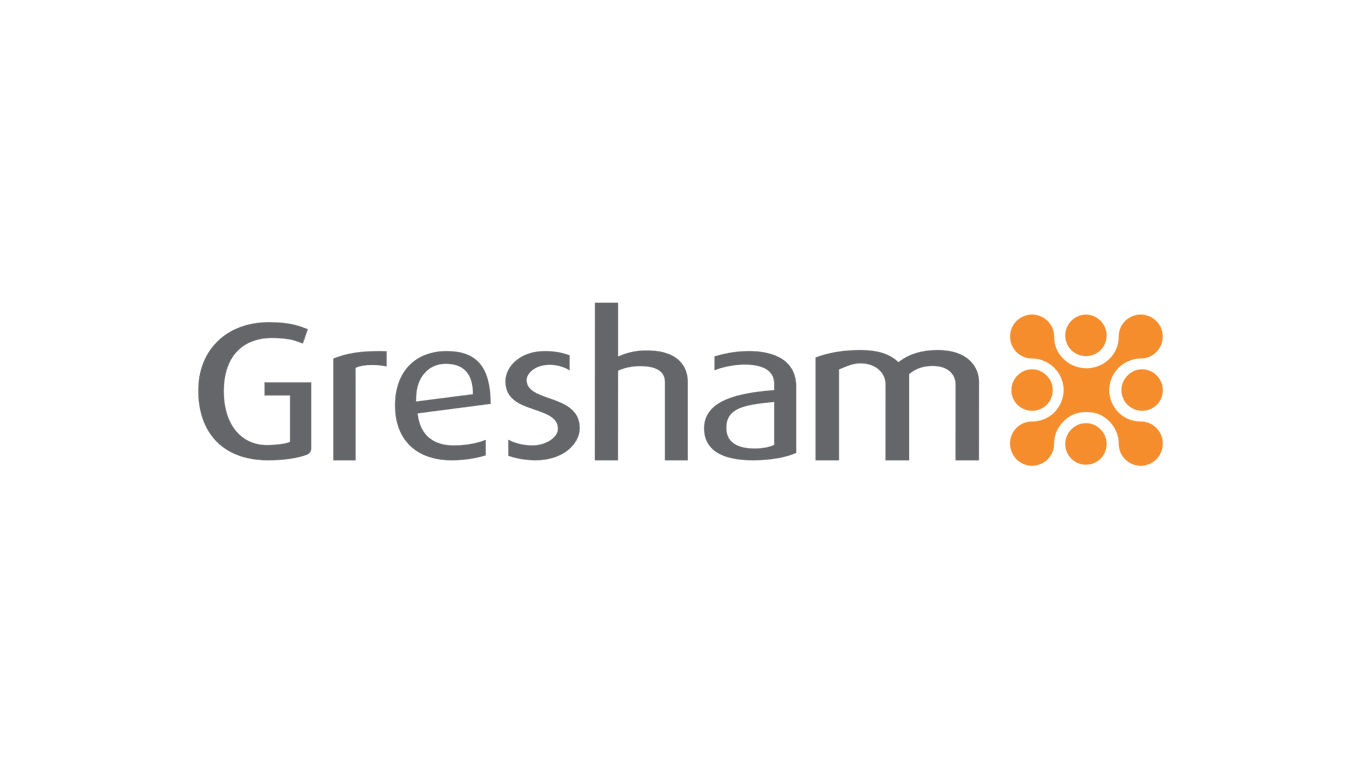
Extracting accurate data is one of the biggest reconciliation challenges buy-side investment managers face just over a year out from T+1 for US equities, according to new research from Gresham Technologies plc. (Gresham) in association with WBR Insights.
In a survey of 200 heads of investment operations across global asset managers, fund administrators and hedge funds, 55% cited extracting the right data points accurately and efficiently as one of the three biggest reconciliation challenges. A staggering 90% confirmed that their number of external data feeds increased in the last 12 months. With so much information to sift through, it is hardly surprising the other bugbear that was top of the list for investment managers (55%) was identifying the root cause of trade fails. Building, onboarding and maximising controls was the third biggest challenge outlined by respondents (52%).
Accurate data is becoming increasingly important when it comes to trade reconciliation, as financial institutions continue on their journey to T+1. Inaccurate data, not delivered in a timely manner, is a key driver of trade breaks, mismatched prices, and ultimately, settlement failures. This is sure to come under increased scrutiny throughout the year as the May 2024 deadline looms over market participants to remove one extra day from the US securities settlement cycle.
“Increased volumes, velocity and complexity are causing a complicated data deluge for the investment management community.,” said Neil Vernon, Chief Technology Officer, Gresham “For asset managers and hedge funds to address this, it is absolutely essential that they be able to identify the root cause of fails and invest strategically in their operations. This all comes back to availability and quality of data, and as we have found in this process – firms are flooded with too much data to effectively and swiftly normalise, validate and utilise across operations. It shines a spotlight on the need for collaboration with strategic partners when identifying the ways in which the reconciliations process can be optimised.”
Related News
- 01:00 am
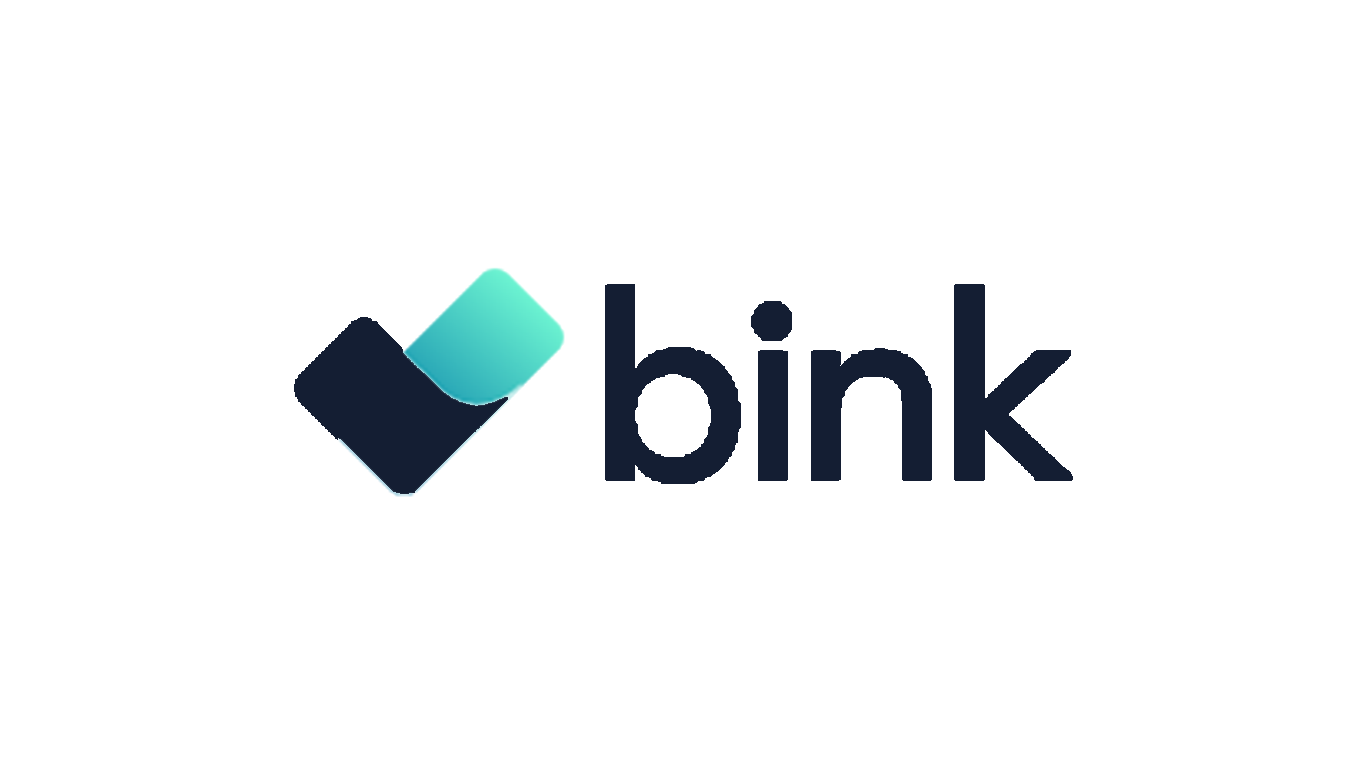
Bink, a loyalty app backed by Lloyds and Barclays Bank, has secured £9 million in a funding runway that will see it through to Q1 2024.
According to Sky News, Loyalty Angels, the holding company that owns Bink, has reportedly secured £7.5 million of funding commitments from its existing investors and will underwrite another £1.5 million of investment.
The financial sefety-net comes in the wake of the resignation of chairman Bob Wigley and a number of cost-cutting measures at the firm.
The startup, which links consumers' payment cards with the loyalty schemes of participating retailers, has signed up a number of prominent high street chains, including Harvey Nichols, Iceland and the Japanese food chain Wasabi, since its launch.
Bink struck its first major banking partnership with Barclays in 2019 in a deal which saw the lender invest approximately $10 million in the app and provide access to its six million UK mobile customers. This was followed in March 2022 by an undisclosed investment by Lloyds banking Group.









